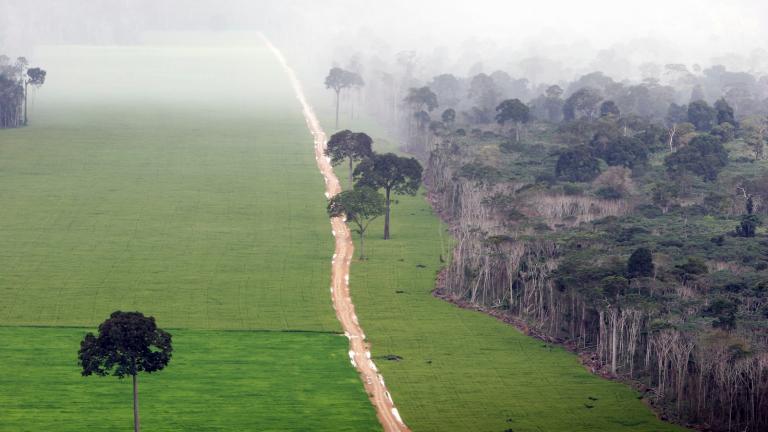
Real food doesn’t often compete with the delicious paper-and-ink smell of bookstores, but last Saturday, chefs, farmers, photographers, and writers filled Seattle’s Elliott Bay Book Company with their wares: two appetizing reads. The back-to-back book events featured the authors of Chefs on the Farm and Edges of Bounty.
One lesson I walked away with that day was that food is only as good as the relationships on which it’s based. These relationships can be between soil and seed, eater and herb, farmer and goat, or even you and your neighbors. Both books’ authors reinforced this idea and went on to suggest that diverse, well-tended, and personal relationships produce the best meals and the best stories.
The writer, the farmer, and the chef who co-authored the book Chefs on the Farm — Shannon Borg, Lora Lea Misterly, and Kären Jurgensen, respectively — celebrate these relationships and the tasty recipes they result in at Quillisascut Farm, an organic farm school in northeastern Washington.
Here, culinary students, children, and all-around food-lovers can learn firsthand where food comes from, participate in the process that brings it to the table, and honor the abundance of what is found in the garden each day. The aim is to reconnect each of us as links between the earth and the kitchen, re-creating an intimate awareness of our food that is usually lost in microwavable dinners.
Author William Emery and photographer Scott Squire take this awareness in a very specific and very personal direction in their book Edges of Bounty: Adventures in the Edible Valley. For them, that awareness means you are doing something with your food, in any small way that gets you involved. The two coined the term edibilism to describe this phenomenon, which is “the common human desire to personally participate in the production of some or all of one’s food or drink.” Whether that’s through growing or gathering, hunting or brewing, canning or beekeeping, edibilism is out to awaken eating from its current state as a passive spectator’s sport.
In Edges of Bounty, Emery and Squire share the stories of people living out the tenets of edibilism in an unlikely place, California’s Central Valley, amid its thousands of impersonal acres of industrial monocultures. These two men, like the authors of Chefs on the Farm, find evidence of happy, healthy food relationships re-emerging as a new cultural heritage: one overflowing with biodiversity and unique flavors, one leaving ecosystems richer and healthier, one respecting those who harvested before and those who will harvest in the years to come. Food on a human — and sustainable — scale.
Emery described this sort of heritage as “subverting the traditional economic relationships to food” by not treating food as an industrial commodity but as something to be respected, shared, and savored. To drive this point home, Squire shared one of the photos from their Golden State adventures that didn’t make it into the book: a “California Super Commodities” display, showcasing fruits and veggies with the warning, “Don’t touch or eat.”
These authors served up too many flavorful lessons about food and relationships for me to share them all here (gnocchi and squash recipes! non-violent farming!), so I’ll have to point you to Chefs on the Farm and Edges of Bounty for second and third helpings of some savory morsels for the mind.


